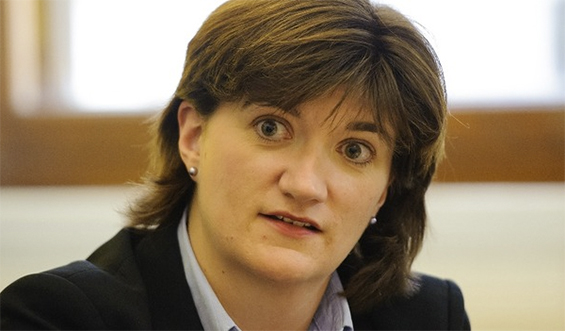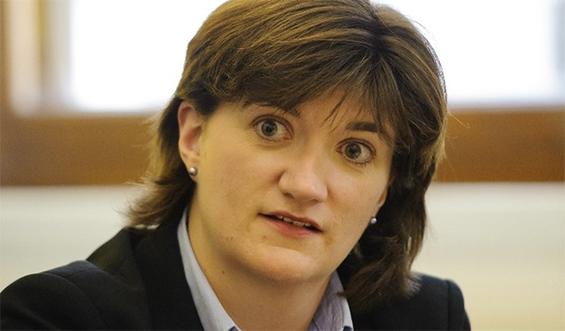
A new ruling from the UK’s High Court has sided with three families who argued the Education Secretary presented a “skewed” view of religious education, excluding atheism and other non-religious worldviews from the new RE GCSE syllabus.
The British Humanist Association helped the families present their case to the High Court, suggesting that the government did not portray religious education fairly, with one parent objecting to “the lack of parity between religious beliefs and non-religious worldviews in the school curriculum, which in the eyes of children may well lead to the belief that religion, in whatever form, has a monopoly on truth and on morality.”
The ruling stated that although the Government will not have to immediately change the GCSE, religious education syllabi will need to include non-religious views from now on in an equal fashion to the religious views currently studied.
The National Secular Society has been pushing for reform on the topic for quite some time, including the addition of non-religious perspectives.
After the announcement of the new curriculum, the NSS challenged the government in a consultation response that discussed the lack of non-religious worldviews in the proposals.
Changes to the curriculum were announced last February, at which time many groups took issue with the priority given to certain religions including Buddhism, Christianity, Catholic Christianity, Hinduism, Islam, Judaism and Sikhism. Some expressed concern that the Education Secretary had not been impartial or neutral in her duty concerning religious and other beliefs, writes Javier Espinoza for The Telegraph.
The three families’ case was pursued under the European Convention on Human Rights (ECHR), with the High Court ultimately ruling that Education Secretary Nicky Morgan had made an “error of law” by creating the syllabus without non-religious worldviews, saying that if the syllabus did not meet the Government’s obligation to be impartial, the state would need to including additional educational provisions or “fail in its duties.”
NSS campaigns manager Stephen Evans said the event should create an opportunity for the Government to reconsider how religion is taught in the classroom. Baker went on to say that the subject should not become “an opportunity for special interest groups to propagate their faith and beliefs,” but rather be a complete study of philosophies from a variety of stances, including religious and non-religious views.
Meanwhile, religious groups were up in arms over the decision, arguing that “humanistic ideas already dominate the rest of the curriculum,” as teachers worried that a slow response to the ruling may waste valuable classroom time and resources.
According to the Department for Education, the new ruling would not have any effect on how RE GCSE is currently taught in the classroom. The Department insisted that the current curriculum offers students an understanding of the diverse religions prevalent in Great Britain and allows students to study both religious and non-religious views.
UK Religious Studies GCSE to Adapt to High Court Ruling
0
Share.




